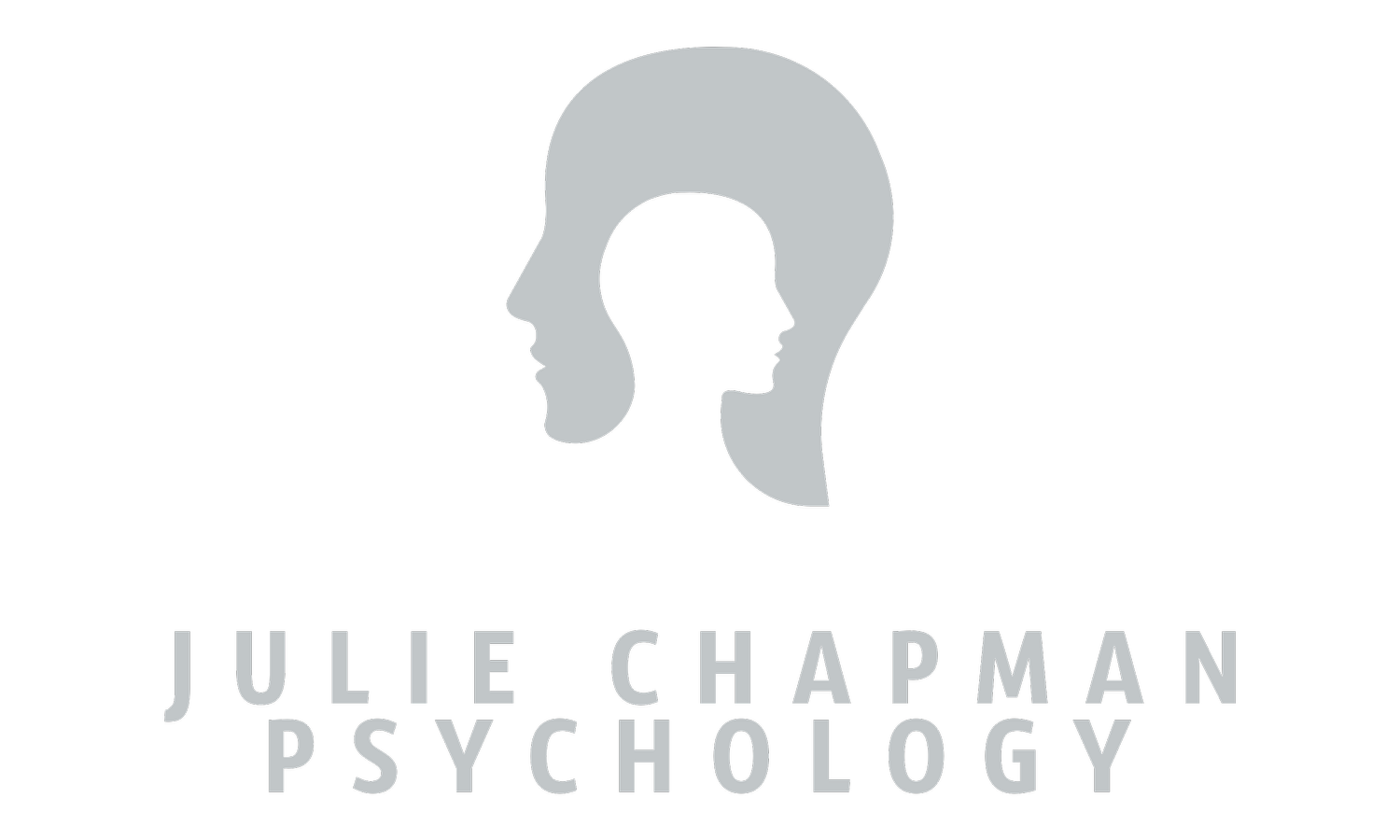About Counselling
It’s a common misconception that counselling (or therapy) is something that is done to you. The psychologist assesses your ‘problems’, gives you some tools and strategies, and how well you implement these is up to you. However, this is only half the picture.
Counselling is a dynamic interpersonal process, where client and therapist work together to:
a) understand the problem better
b) clearly define goals
c) uncover the client’s unique skills and attributes
d) learn and practice cognitive, behavioural and experiential techniques inside and outside of session, and
e) continuously build and maintain motivation for change.
I have been trained in and use cognitive behaviour therapy (CBT), dialectical behaviour therapy (DBT), acceptance and commitment therapy (ACT), and motivational interviewing. In my work, I most often draw on schema therapy and internal family systems (IFS).
Schema therapy helps uncover deep-rooted patterns from early life experiences—called schemas—that shape the way we think, feel, and behave. These schemas are more than just thoughts we can change using cognitive strategies; they are ingrained programs that often operate outside of our awareness. Resolving them requires lifestyle changes, corrective emotional experiences, new behaviours, as well as cognitive techniques.
IFS complements this by helping people understand the different “parts” of themselves—protective parts, vulnerable parts, and everything in between. Working with these parts in a compassionate way allows people to experience deep self-understanding, healing, and a greater sense of inner harmony.
I use this integrative approach to help clients better understand themselves, make healthier choices, and feel more in control of their lives.
If you’d like to dive a little deeper into the therapeutic approaches I use, these resources offer clear, client-friendly overviews:
Schema Therapy explained – MindHealth
Internal Family Systems explained – Talked


